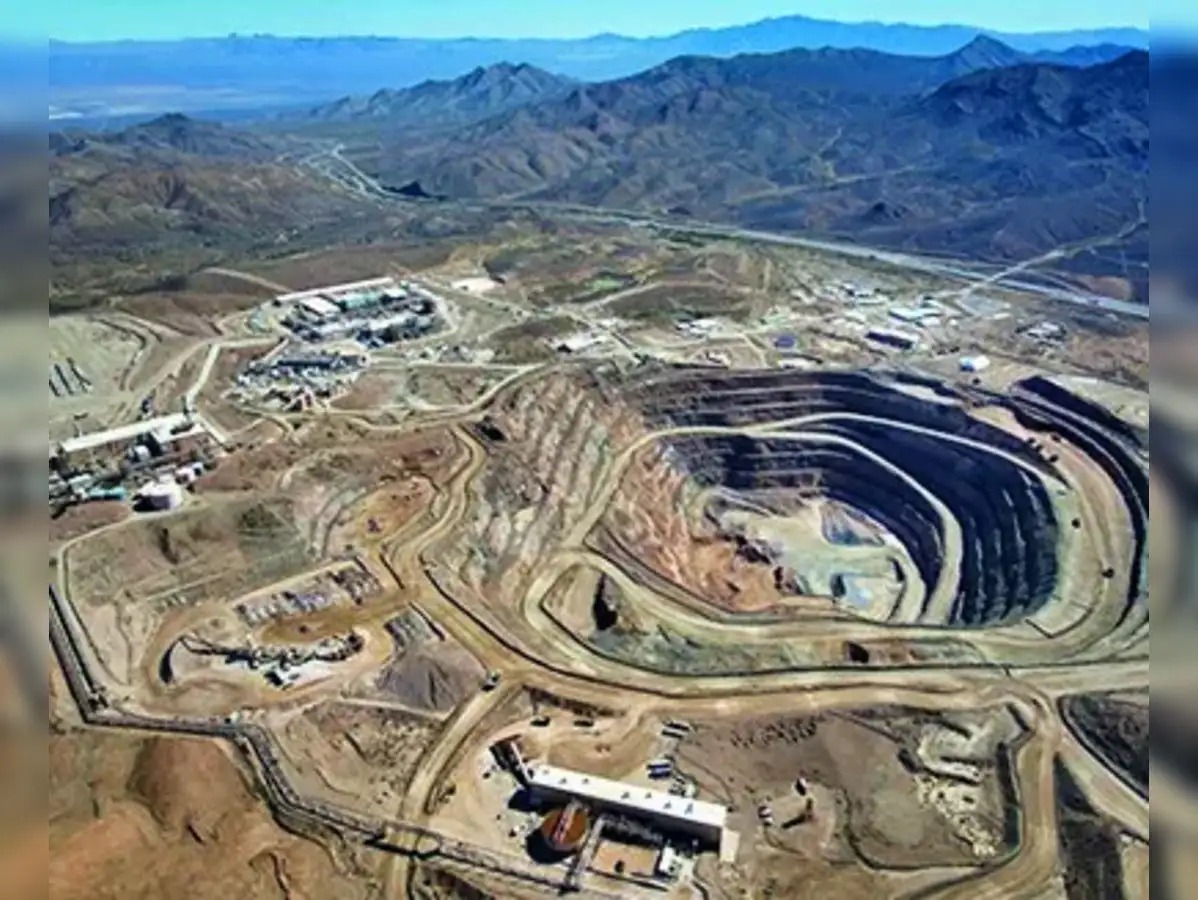 Image Source: Business Today
Image Source: Business Today
Key highlights
Amidst the fears and headlines foretelling mass job displacement and a digital employment apocalypse, MIT economist Daron Acemoglu is injecting a dose of reality into the discussion. His new analysis strongly contradicts the narratives that artificial intelligence will devastate the workforce, estimating that merely 5% of all occupations will be significantly affected—replaced or substantially changed—by AI in the coming decade.
What the Data Actually Indicates
As per Acemoglu's calculations, only a small fraction of existing jobs—about 5%—are amenable to complete automation or will be significantly transformed by AI-based technologies soon. The majority of jobs continue to involve tasks, context, and skills that are not easily substitutable or replicable by AI, including subtle judgment, hands-on effort, and human interaction.
This calculation contrasts with much-publicized estimates from other institutions and consultancies that 40–60% of occupations are in danger or "exposed" to artificial intelligence. Acemoglu contends that although AI may make efficiency and productivity gains in many industries, the jump to extensive job displacement is much more gradual than commonly publicized.
For workers, the message is broadly reassuring. Only a sliver of the labor force will find their jobs truly automated by AI in the next decade, making the current wave of anxiety seem overblown compared to the real pace of change.
For companies, there are challenging implications: those betting big on fast, revolutionary AI-driven productivity gains might have to scale back their expectations, since the broad displacement of human workers remains far in the future.
Sector-Specific, Not Universal Disruption
The most vulnerable sectors to high AI impact are still limited, usually in jobs where digital data processing or routine tasks prevail. At the same time, most occupations, especially those with high caregiving, creative, manual, or context-dependent tasks, will experience only marginal, if any, impact from AI developments over the next few years.
Reality Check on the Economy
National jobs data support this guarded projection. Unemployment is low and wage growth is steady in large economies, something that would not be the case if mass automation were about to occur.
Acemoglu argues that although AI will definitely transform some sectors—and will compel some reskilling for certain jobs—the revolutionary effect on overall employment will be moderate, not apocalyptic.
Sources: Staffing Industry, Bloomberg
Advertisement
Advertisement





